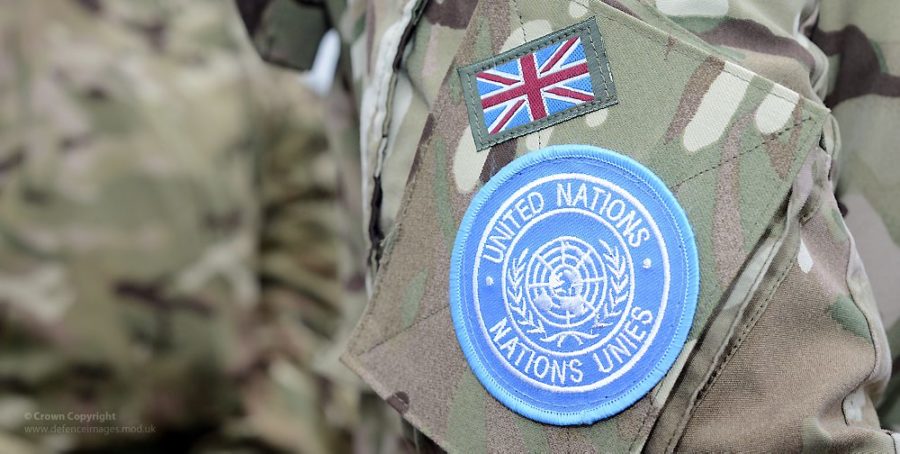5th September 2016 London, UK
Making peacekeeping work

This week, London will host a day of talks dedicated to United Nations Peacekeeping and how to make it work better. The UK has invited Ministers and representatives from over 70 countries and international organisations to participate in these discussions.
UN Peacekeeping is facing new and previously unimaginable challenges. The last five years have seen a huge growth and evolution in deadly conflict and UN Peacekeeping has often been called upon by the international community to stem that tide.
In peacekeeping missions around the world, we are asking more of our peacekeepers than ever before. We expect them to protect not only civilians, but also to make credible elections possible, help states restore the rule of law and crucially, to enable the safe passage of life-saving humanitarian aid.
We all want and need the UN to have enough peacekeepers, with the right equipment and the right capabilities, to do their job wherever they are needed in the world. To achieve this, we need to focus on the three Ps of peacekeeping: planning, pledges and performance.
Planning is about helping UN missions deploy to the right places, focus on the right challenges, and identify what capabilities they need to get the job done. From design to deployment to the eventual drawdown, a mission needs to have a clear focus on what it is seeking to achieve.
Pledges is about ensuring that nations commit the troops, police and equipment that are needed to increase the range of capabilities available to UN peacekeeping. We need to generate those pledges and match them with the specific needs of individual missions. That is why the UK is doubling its military contribution to peacekeeping through deployments to Somalia and South Sudan. Here the UK military can use its exceptional engineering skills to make the sites where civilians take refuge safer and more secure.
Finally, we must see improved performance on the ground. To achieve that, all peacekeepers must be properly trained, equipped and vetted before they deploy. In the field, we need capable and courageous leaders. That is why the UK is not only training peacekeeping troops itself, but supporting programmes to improve training centres and to mentor potential mission leaders.
Last September President Obama hosted the Leaders’ Summit on Peacekeeping to help achieve that aim. The Summit generated new pledges of troops, training and equipment from more than 50 countries. Now those countries are coming back together in London to continue the work President Obama started. We will take stock of the pledges already delivered and encourage more. We will also look at how those new troops can be deployed faster and used more efficiently, and how women can play a stronger role in delivering peace and security.
The lives of millions of vulnerable people around the world depend on us ensuring peacekeeping meets these new and ever growing challenges.